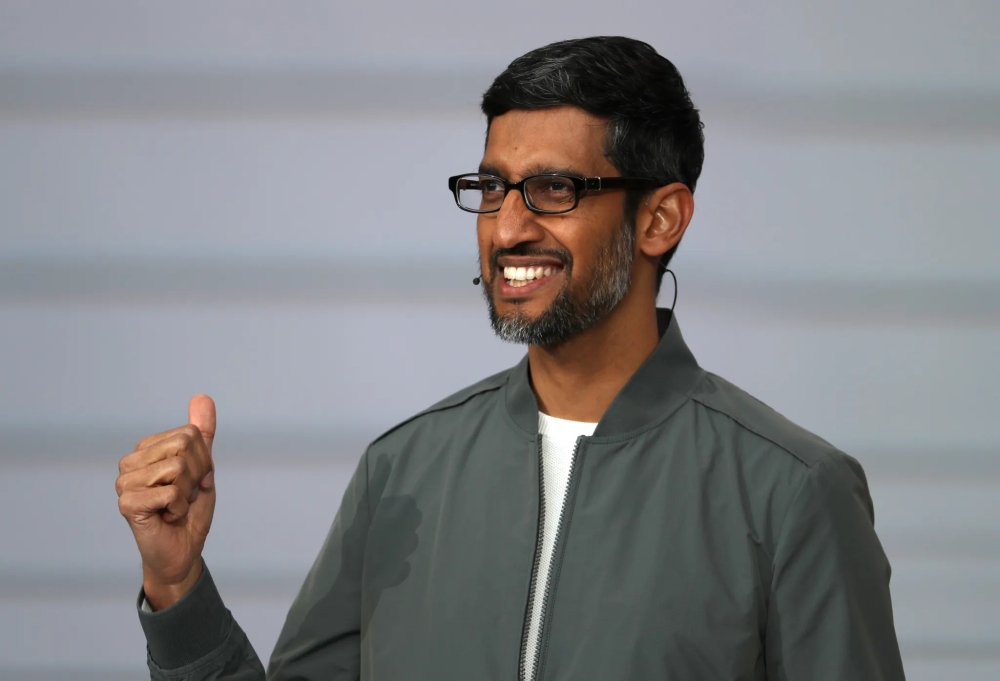A significant development has occurred in the artificial intelligence landscape. OpenAI’s plan to acquire the popular AI coding startup Windsurf for $3 billion has fallen through. Instead, Windsurf’s CEO Varun Mohan, co-founder Douglas Chen, and key researchers have joined Google’s AI division, DeepMind. The news was reported by The Verge and TechCrunch.
According to Google’s official statement, the company is not acquiring Windsurf directly. Rather, it has secured the right to use parts of the startup’s technology and hired several top executives. Reports indicate that Google paid approximately $2.4 billion for this deal.
This type of move is known as a “reverse acquihire” — when a company does not purchase a startup outright but recruits its key talent and licenses its core technology. This strategy allows tech giants to gain a competitive edge while avoiding regulatory scrutiny.
Windsurf’s leadership expressed satisfaction about joining Google. The rest of the startup’s team — approximately 250 employees — will continue operating independently, offering AI coding tools to enterprise clients. Jeff Wang has been appointed interim CEO.
The collapse of the acquisition deal has reportedly caused friction between OpenAI and its main partner Microsoft. OpenAI did not want Windsurf’s coding technology to fall into the hands of Microsoft, which already has broad access to OpenAI’s IP.
Windsurf has been one of the most talked-about AI startups in recent months. The company’s annual recurring revenue reportedly jumped from $40 million to $100 million in just a few months, attracting attention from both OpenAI and Google.
However, the departure of its top leadership leaves Windsurf’s future uncertain. Other startups that experienced similar leadership shifts — such as Scale AI and Inflection — have struggled with customer loss and strategic pivots. Windsurf could face a similar challenge.







